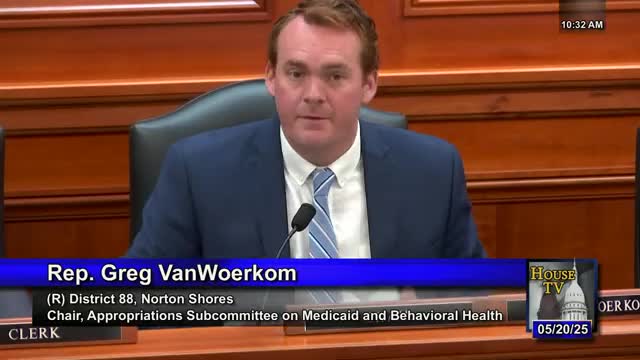Article not found
This article is no longer available. But don't worry—we've gathered other articles that discuss the same topic.
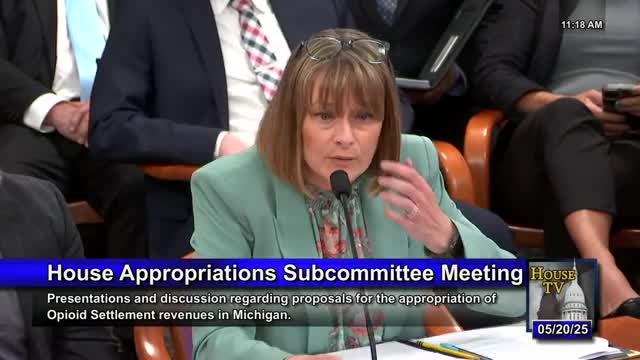
Michigan Works presents workforce-training models that aided hundreds in recovery, urges investment

Judson, Samaritas and others urge expansion of medication-assisted treatment, warm handoffs and capacity building
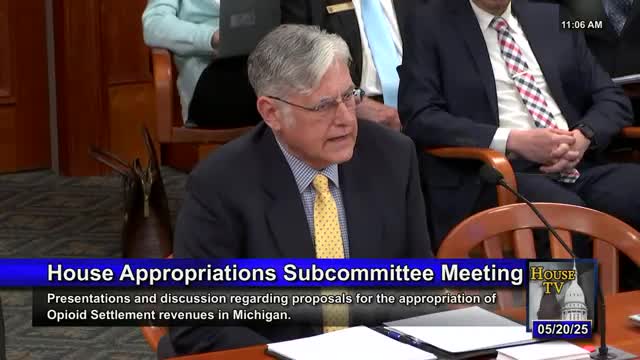
Gesher urges $800,000 in state support to build clubhouse space and expand recovery services

Recovery community organizations ask the Legislature for recurring Section 978 funding to sustain peer-run centers
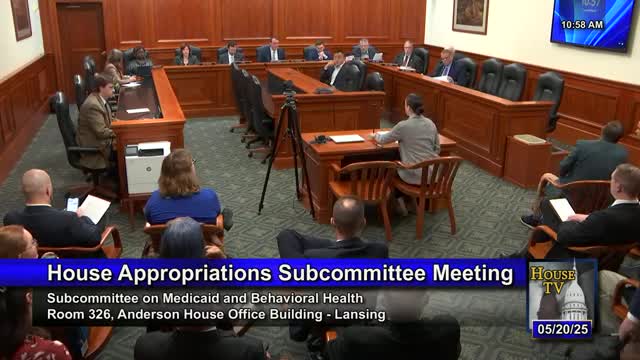
Peer recovery, quick-response teams and naloxone distribution emphasized as core uses for settlement funds
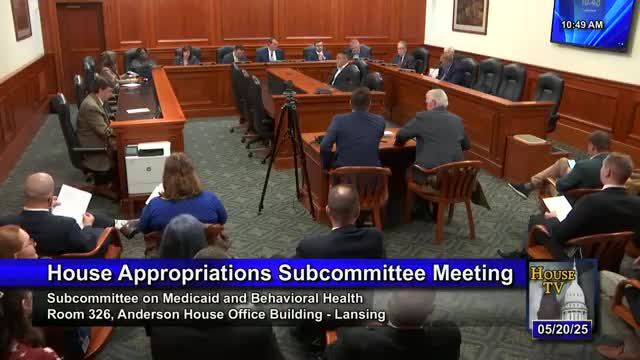
Andy’s Place recovery housing cited as model for pairing settlement funds with tax credits
